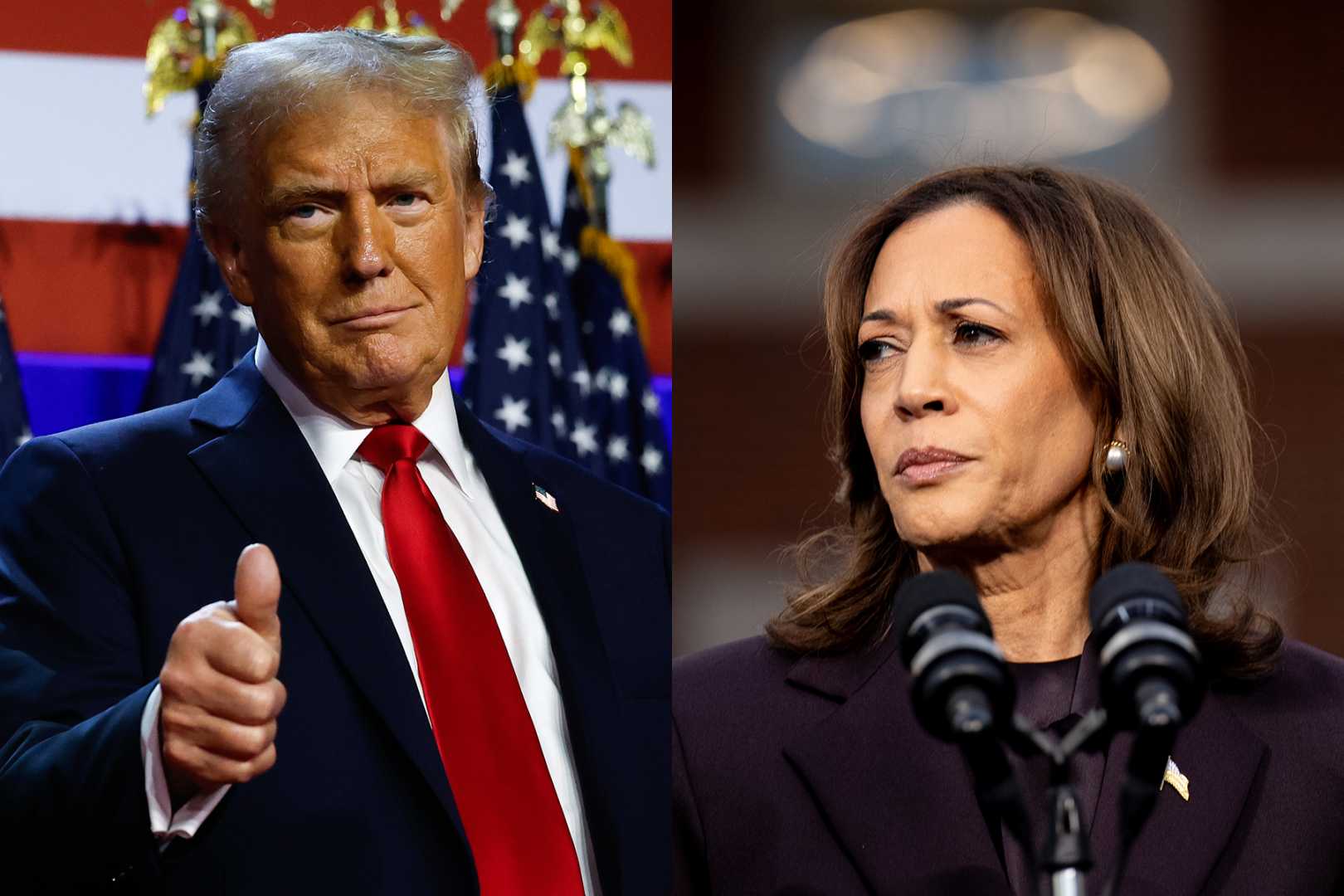Politics
Trump Targets Harvard, Talks Deportation of Violent Criminals

WASHINGTON, D.C. — President Donald Trump is intensifying his administration’s campaign against Harvard University, demanding an apology while asserting the legality of deporting American citizens who commit violent crimes, during a briefing on April 15, 2025.
White House Press Secretary Karoline Leavitt stated that Trump seeks an apology from Harvard for incidents of alleged antisemitism on campus. He suggested that removing the university’s tax-exempt status could be on the table if it fails to comply with federal demands, which include the elimination of diversity programs and cooperation with immigration enforcement.
Leavitt conveyed Trump’s stance during a press briefing, stating, “The president has been quite clear, they must follow federal law. He also wants to see Harvard apologize, and Harvard should apologize for the egregious antisemitism that took place on their college campus against Jewish American students.” Harvard has since retained high-profile legal counsel in preparation for ongoing confrontations with the administration.
Moreover, the administration is exploring the legal avenues regarding the potential deportation of violent American citizens to Central America. Leavitt noted that any such measures would apply exclusively to “the most violent, egregious, repeat offenders of crime.” Trump reaffirmed his support for deportation to El Salvador of individuals deemed criminals, highlighting a controversial stance on citizenship and crime.
In a related legal matter, U.S. District Judge Paula Xinis is addressing the administration’s alleged failure to comply with court orders regarding Kilmar Abrego Garcia, a Salvadoran man deported despite an existing protective order. Xinis’s upcoming hearing could further emphasize the tensions between the Trump administration and judicial oversight.
“We’re very confident that every action taken by this administration is within the confines of the law,” Leavitt asserted when queried about compliance with court decisions.
The legal controversies surrounding these issues continue to unfold, with Harvard’s administration planning to challenge the federal government’s demands. The university’s letter to Trump emphasized their intention to uphold their institutional policies without capitulating to external pressures.
Additionally, Trump’s administration has faced multiple legal hurdles in its efforts to restrict interactions with news organizations, as evidenced by the ongoing exclusion of the Associated Press from the White House press pool despite a court ruling deeming the exclusion unconstitutional.
As these events unfold, the broader implications of Trump’s divisive policies on higher education and immigration law remain under intense scrutiny, drawing both criticism and support from various stakeholders.












